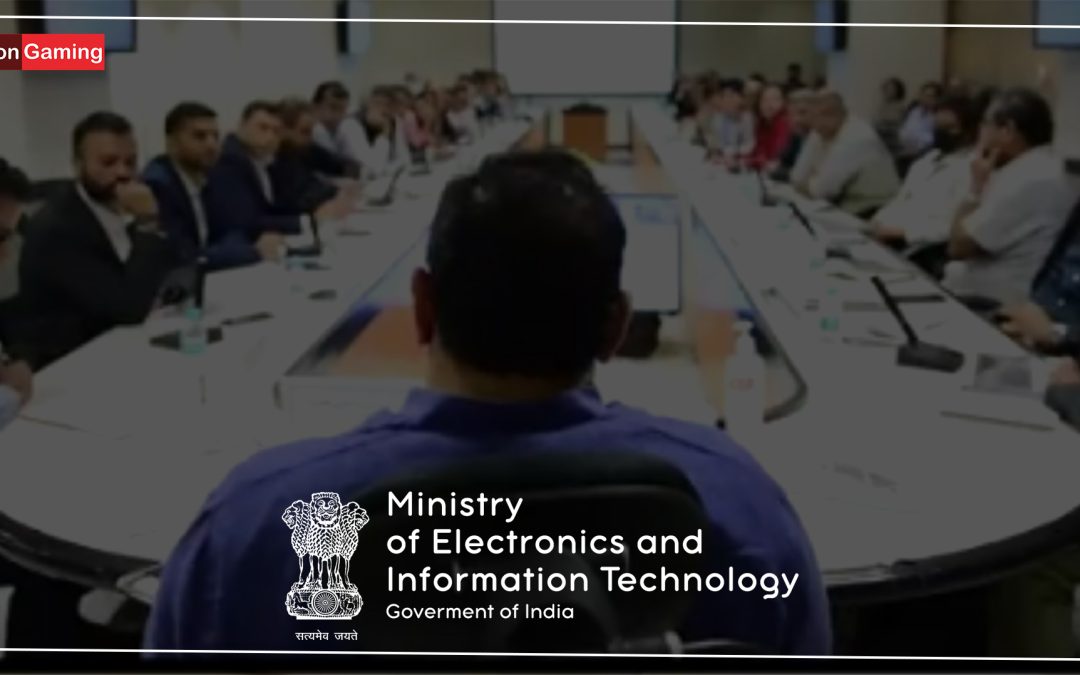India’s online gaming industry has grown at a remarkable pace in recent years. According to a report by KPMG, the industry is expected to reach a value of Rs 290 billion by 2025, driven by increasing smartphone and internet penetration, affordable data rates, and the rise of digital payments.
However, the lack of clear regulations for the online gaming industry has been a long-standing issue in India. The absence of a legal framework has led to confusion, leaving gaming companies and players vulnerable to legal challenges and financial risks.
The amendments to the Information Technology (Intermediary Guidelines and Digital Media Ethics Code) Rules, 2021 in relation to Online Gaming by the Ministry of Electronics and Information Technology (MeitY) mark a significant step towards responsible and regulated online gaming practices in India. The new rules aim to bring regulatory clarity and safeguard players while addressing concerns such as addiction, underage gaming, and the prohibition of any game that involves betting or wagering.
The regulations are also expected to bring transparency to the industry, attracting investment and boosting investor confidence. With a clear regulatory framework in place, investors will be more confident in investing in the online gaming sector, leading to the creation of job opportunities, and boosting the growth of the industry.
Here are some of the key provisions of the new regulation aimed to promote responsible gaming behavior and safeguard players’ interests:
To ensure that online games do not encourage addictive or harmful behavior they must be regulated and approved by self-regulatory bodies. One of the primary goals of the new regulations is that gaming platforms try to avoid publishing, hosting, or sharing any online games that might be harmful to users or that have not been approved as legal online games by the online gaming SRB designated by GOI.
The online gaming platforms that host real-money games must now include a certificate of verification from the self-regulatory body on the games. Gaming platforms are also obligated to inform their users about the withdrawal policy or refund amount of deposits, the method used to calculate and distribute the winning amount, other payable charges, and fees, and verify the KYC information of the players. Furthermore, online gaming platforms should not be allowed to provide credit or enable financing by third parties to the users.
The new rules also allow the GOI to issue notifications w.r.t. rules and regulations applicable to games where the user is not required to make any deposit for winnings. This means that, to ensure responsible and safe gaming activities, even games that do not involve real money transactions may be subject to the same rules and requirements as real money games.
To implement these regulations, the government can reach out to various Self-Regulatory Bodies (SRBs) that will be the representatives of the online gaming industry. However, these SRBs are obliged to operate independently with their members, and their activities will be monitored by a Board of Directors consisting of Directors who are fair and balanced and represent all relevant experts and stakeholders. The experts and stakeholders may include online gaming users, educators, psychologists or mental health professionals, ICT specialists, people with experience in child rights protection, and those with relevant experience in the field of administration and public policy.
The SRBs will have the authority to check that the online games do not involve wagering. The online gaming industry must adhere to all legal requirements, including the mandate that players be at least 18 years of age to play real money games. The SRBs will also oversee setting up an array of safety measures against any kind of harm to the user. It includes psychological harm, parental controls, procedures for age-rating content, and precautions against the risk of gaming addiction.
The online gaming companies have unanimously welcomed the online gaming rules notified by the government, recognizing their significance in bringing regulatory clarity and safeguarding players. We, at Passion Gaming, appreciate the efforts of the government in prioritizing and notifying these regulations. We are eager to engage with the government and offer our full cooperation to propel the future of the online gaming sector in India.
In conclusion, the Indian government’s move to regulate the online gaming industry is a significant development that will have far-reaching implications. The regulations are expected to bring transparency, ensure player protection, attract investment, boost investor confidence, and create job opportunities, propelling the growth of the industry. As the industry continues to grow, the regulations must strike a balance between safeguarding players and ensuring that legitimate operators can operate and innovate without undue restrictions.





